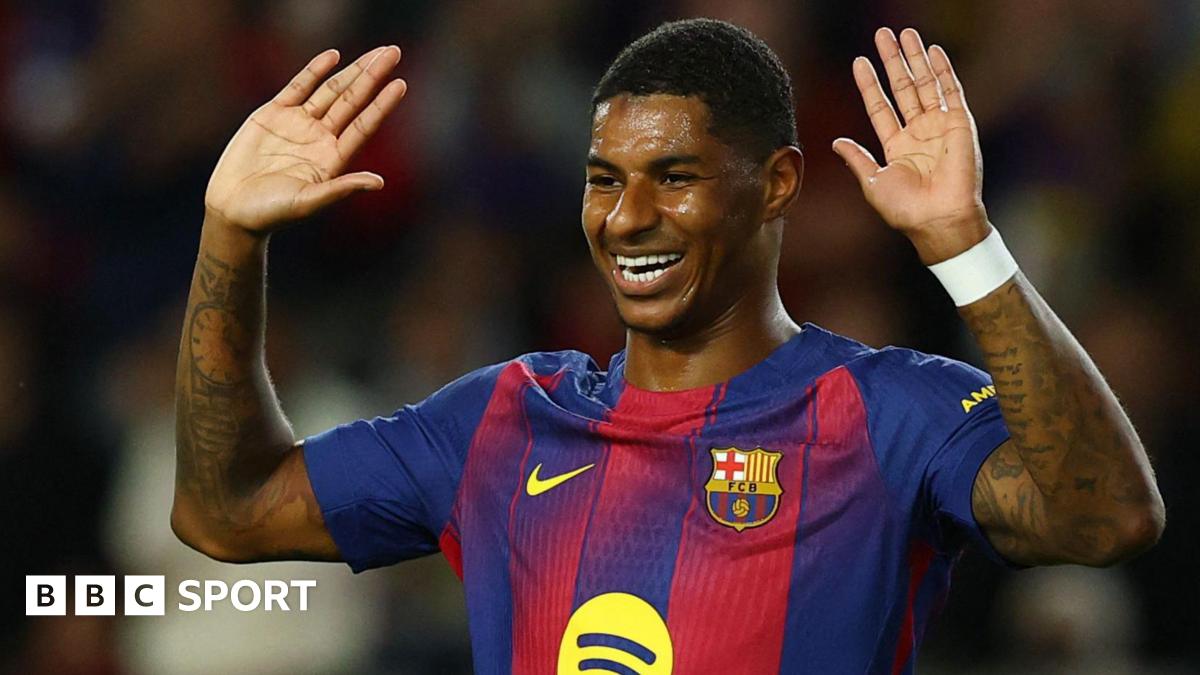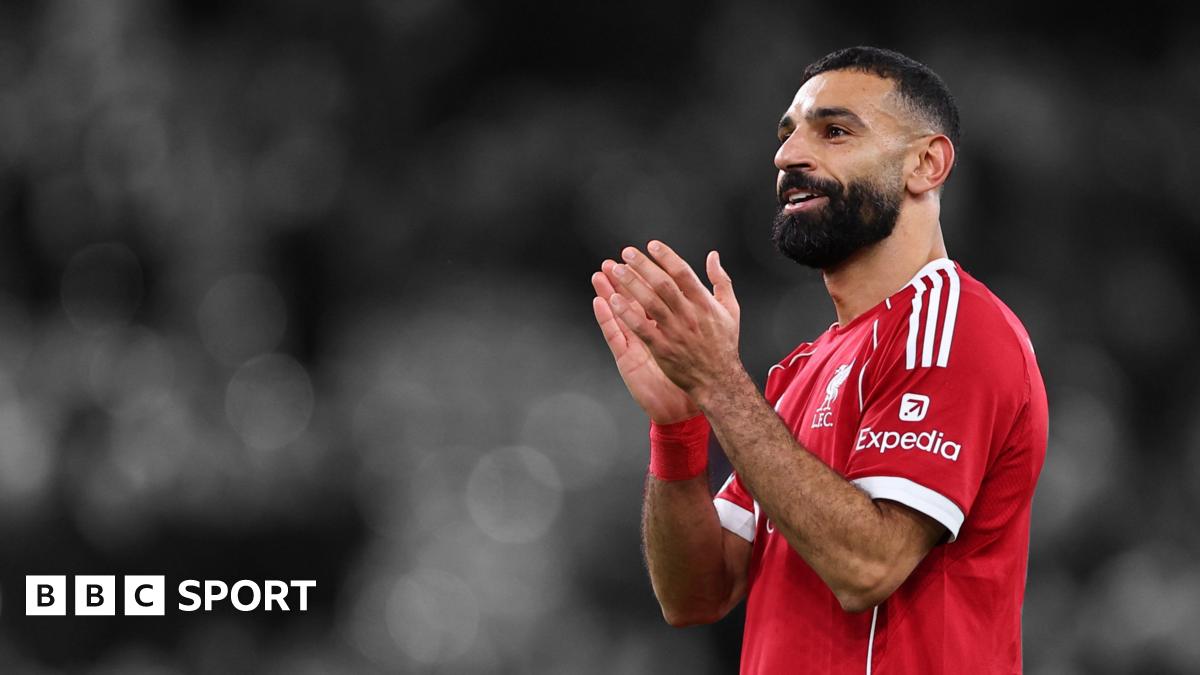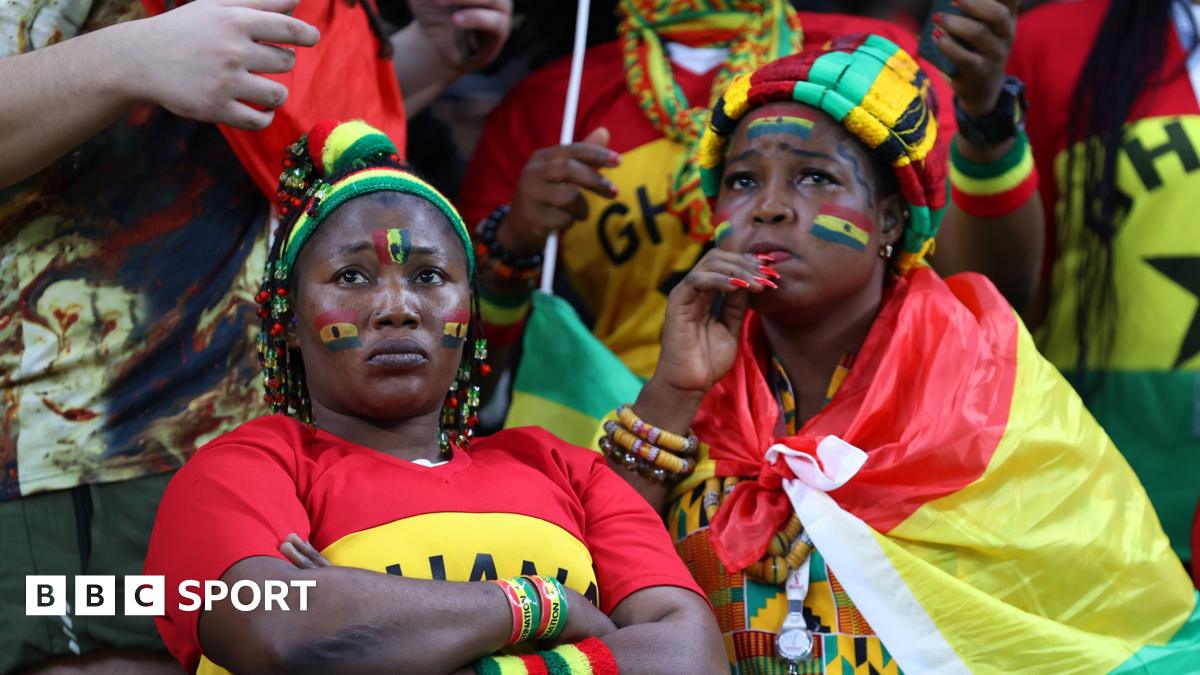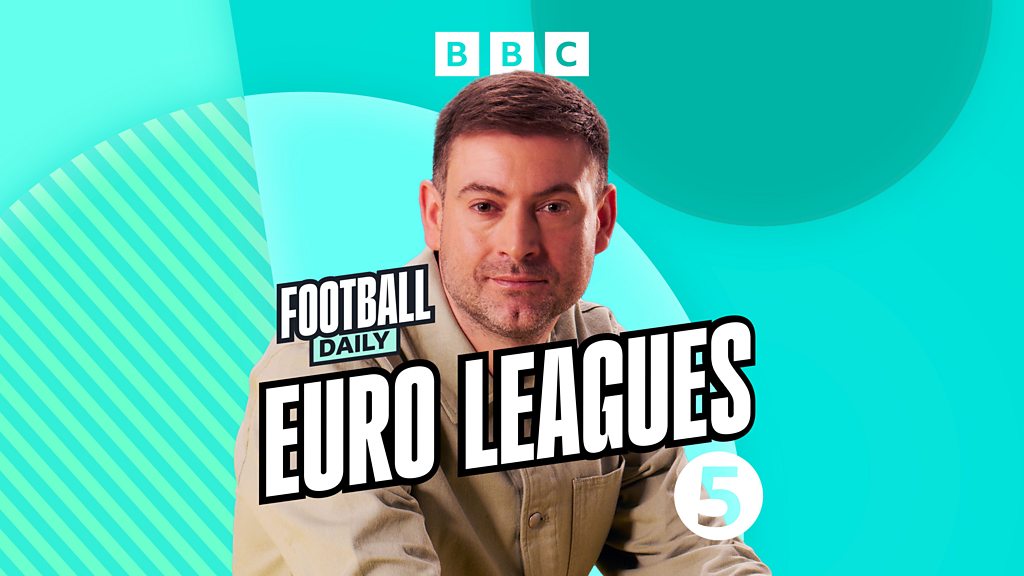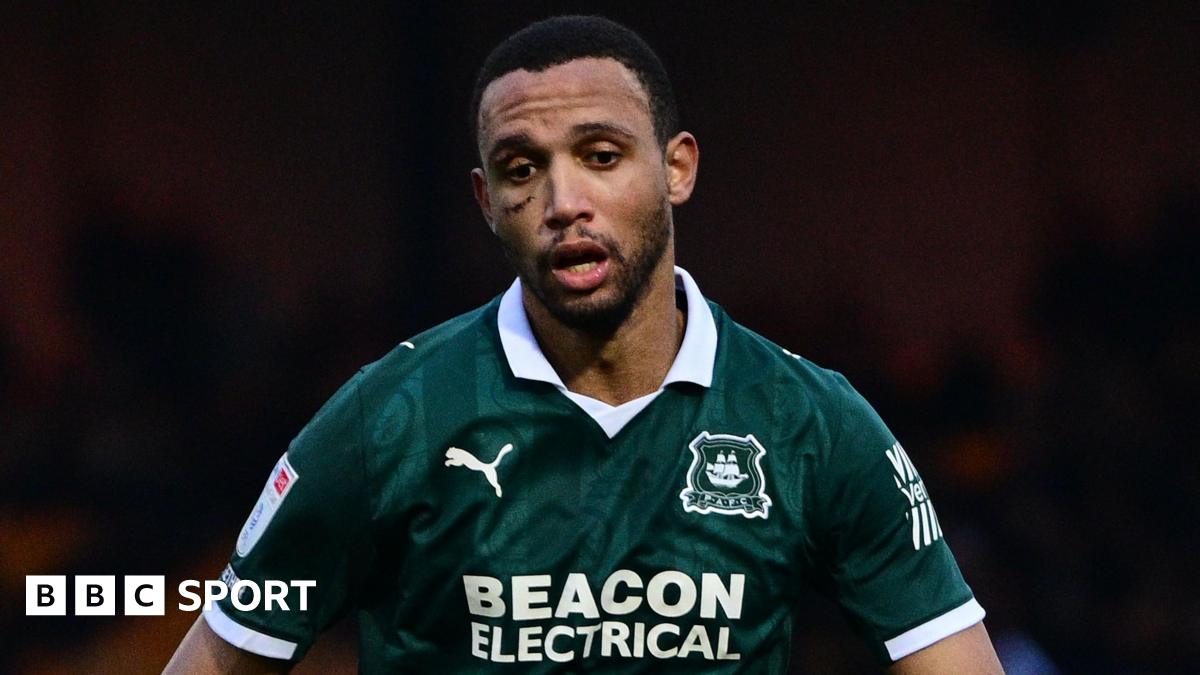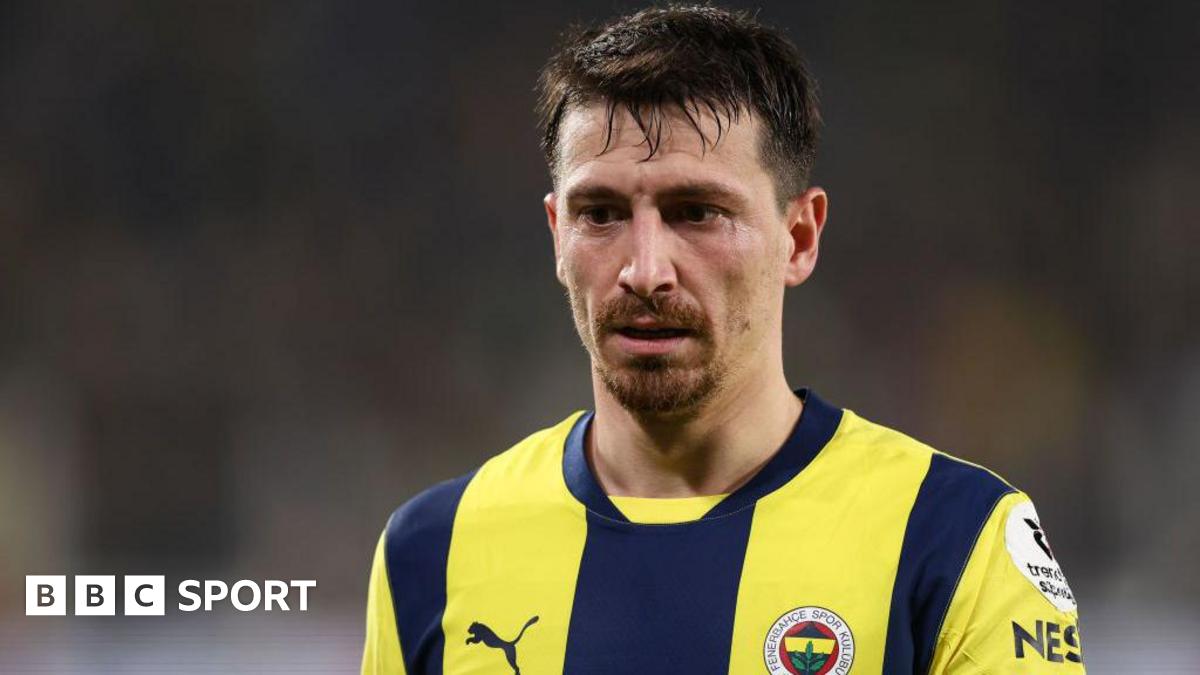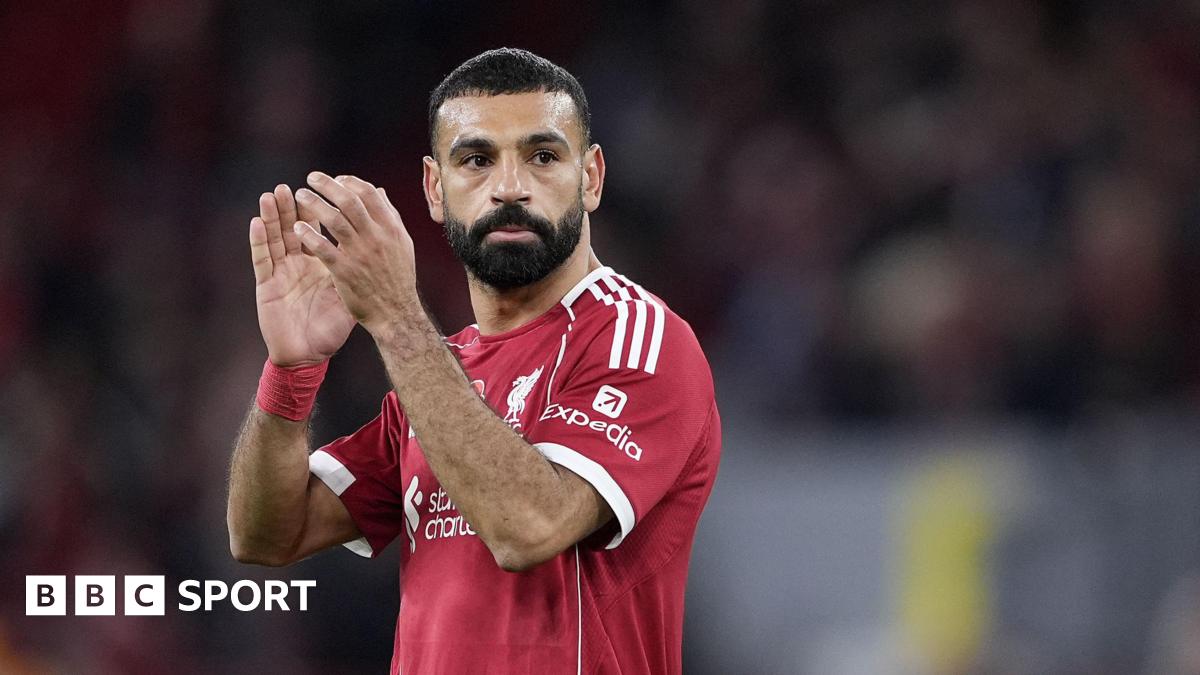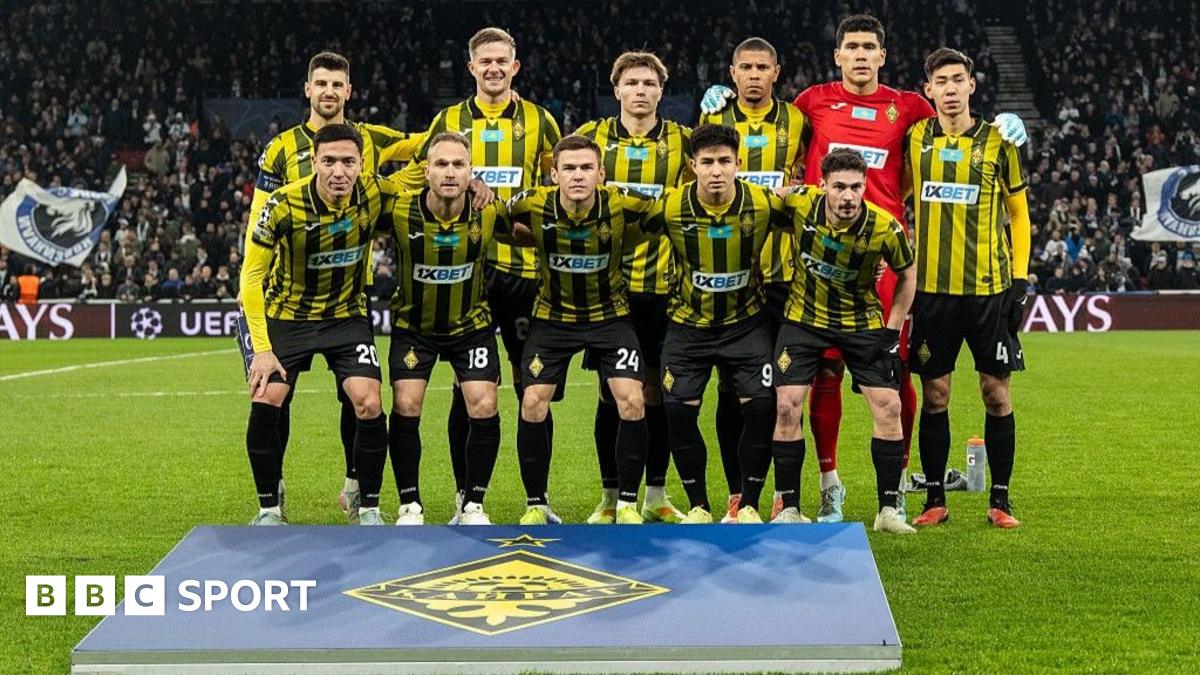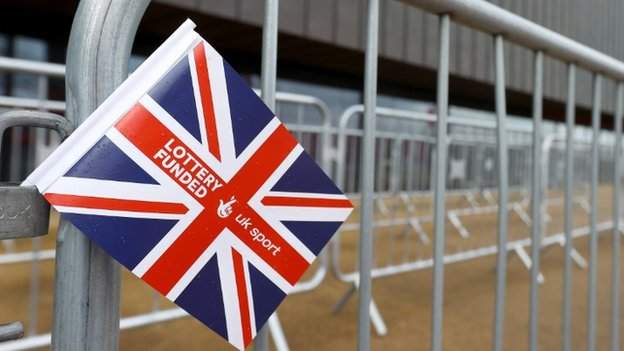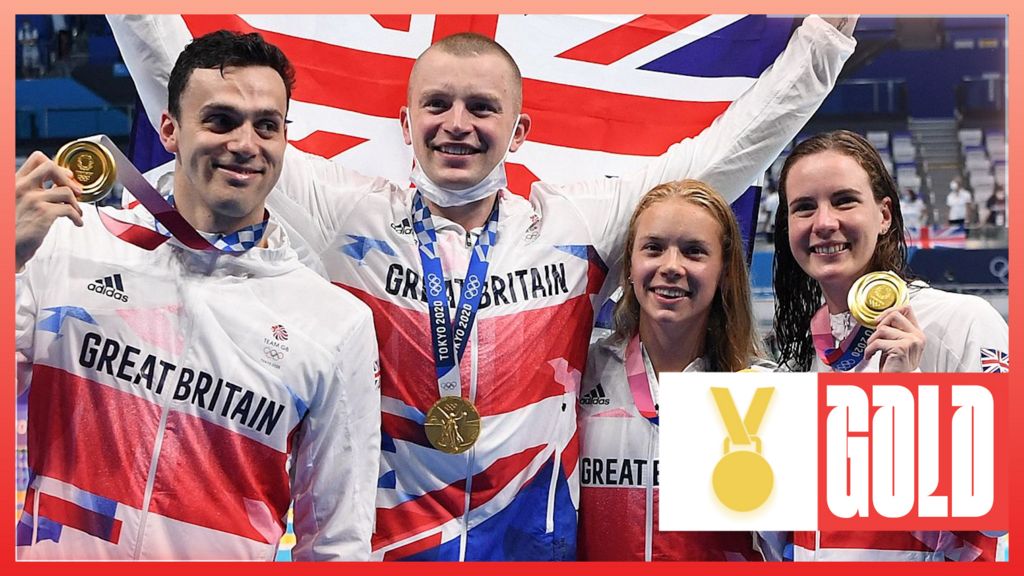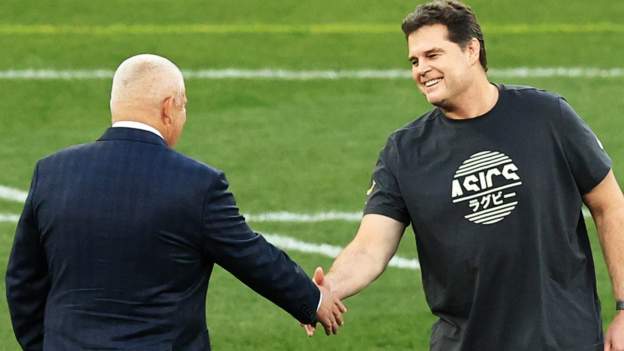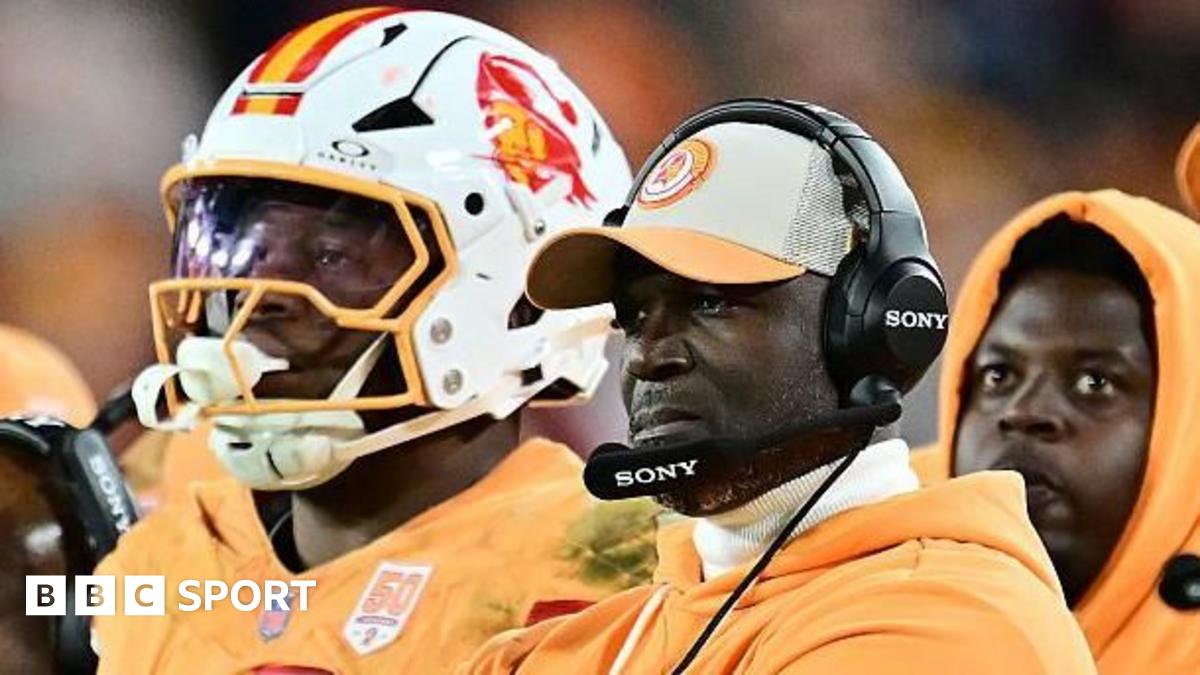Only 49% of British Olympic and Paralympic athletes believe there are consequences to people behaving inappropriately within world-class programmes, according to a new UK Sport report.
The Culture Health Check survey, carried out in 2019, found just under half of the 795 athletes who responded agreed or strongly agreed with the statement.
However, 31% disagreed or strongly disagreed, compared to 26% of staff.
In total, 53% of respondents said consequences were brought about.
That finding marks a rise from 44% in 2018.
UK Sport chair Dame Katherine Grainger said inappropriate behaviour had “no place within sport”.
She told BBC Sport: “Whether it’s the individuals who have acted wrongly or the culture and environment, all of these things can be changed, all of those things can be affected and all of those things can be improved.
“At the moment we’re still hearing athletes having bad experiences and walking away, we still have work to do.
“It’s a big ambition but I would love to see every athlete walk away and say I might not have achieved everything I wanted to, but it was a great time I had. We need to put a lot of things right to ensure we get to that place.
“There will be some examples in those numbers where athletes will genuinely feel they didn’t have a fair hearing… and that is somewhere where we do need to do some work.”
The survey’s findings come at a time in which an independent review into allegations of mistreatment within British Gymnastics is under way, co-commissioned by UK Sport and Sport England.
Such allegations have been made by several gymnasts, including Olympians.
The survey also found:
- 10% of respondents had experienced and/or witnessed inappropriate behaviour – down from 24% in 2018.
- Four in five athletes (79%) believe measures are in place that improve their mental health and wellbeing.
- 76% of sports have “clearly identifiable strengths in culture”.
When asked if UK Sport would be prepared to cut funding to governing bodies if they failed to improve athlete welfare, Grainger said, “Yes we would, and we’ve been quite open about that.
“It’s not a sanction we jump to quickly mainly because when you withdraw funding it has very long-term consequences and often hurts the very people you want to protect – athletes first and foremost.
“It’s not something we do lightly, however there may well be situations where we have gone through these issues of culture and welfare, and where they have not been accepting and they’re not willing to change then yes, we’ll withdraw.
“It’s public money and it needs to be looked after well and wisely and we wouldn’t invest in a body that didn’t have the highest ethical standards.”
“We remain absolutely committed to a high-performance system which places the wellbeing of our athletes at its core,” said Sally Munday, chief executive of UK Sport.
“I also believe the vast majority of people in high-performance sport are doing the right thing, but we are very clear that there is no room in sport for anyone who doesn’t want to behave to the highest standards of ethics and integrity.
“Culture takes time to evolve but the overwhelming majority of national governing bodies share UK Sport’s view. A positive organisational culture is absolutely essential to the continued success of our athletes and those who support them, both in competition and as role models in society.”
More than 1,500 individuals – including athletes, staff and stakeholders – completed the Culture Health Check survey, with a response rate of 80%.
Analysis
BBC sports editor Dan Roan
Back in 2017, with a host of sports governing bodies embroiled in bullying allegations, the incoming chair of UK Sport, Dame Katherine Grainger, told me that athlete welfare was “a huge concern” and “needs to improve”.
More than three years on, despite an overhaul of leadership at UK Sport, reviews of the country’s high-performance culture, and a softening of the ruthless ‘no compromise’ strategy linking funding to medals, the Olympic legend has had to reiterate the agency’s commitment to duty of care.
She had little choice after the most damaging abuse scandal to date – with British Gymnastics reeling from a flood of allegations of mistreatment. And the findings of this latest ‘cultural health check’ prove that the battle is far from won, even if there appear to have been improvements in some areas.
Despite insisting it is not a governing body or regulator, UK Sport is now under unprecedented pressure to get tougher with the organisations it hands public money to over a crisis that has shaken confidence in its credibility.
That could mean withholding funding to sports that fail to tackle bullying, and more money to the British Athletes Commission. But others will ask whether the time has now finally come for the appointment of an independent Sports Ombudsman, as recommended by Baroness Tanni Grey-Thompson back in 2017.

